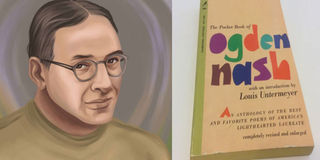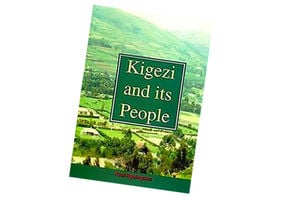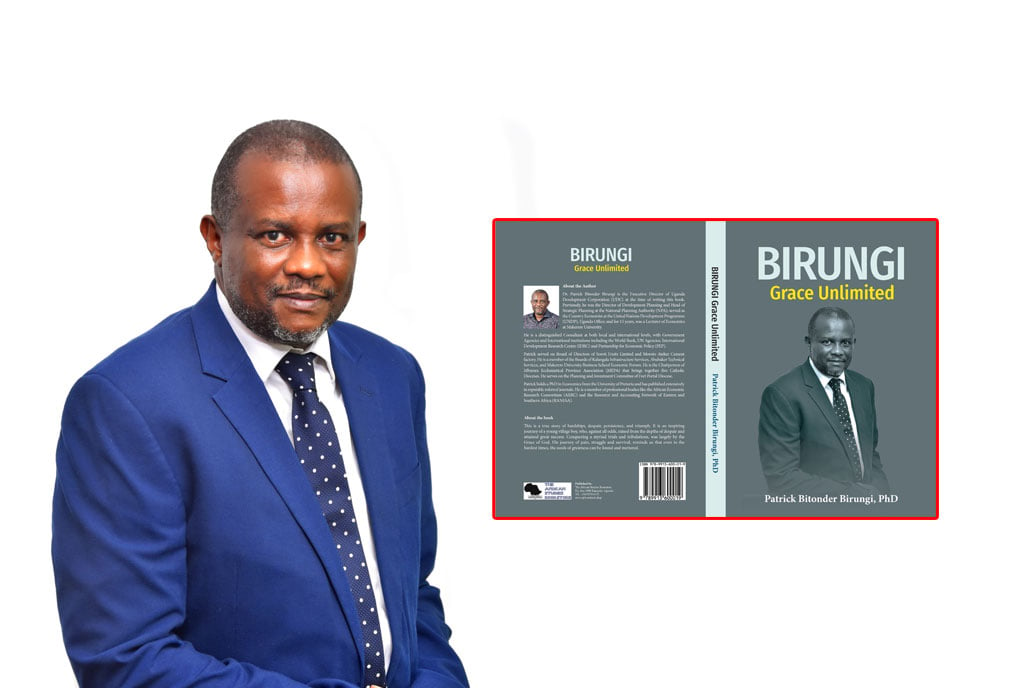
“Nimble and naughty, lyric and laughing, lighter than air. Sharply penetrating, these poems beat the unmistakable stamp of an authentic comic genius of our day and age. Ogden Nash has a unique and memorable talent.
He is a shrewd humorist who comments on everything under the sun. Here are his best and most famous poems---his hilarious grouches, unflinching puns, indescribable rhymes.
They add up to many long hours entertainment,” reads the description at the back of the book, ‘The Pocket Book of Ogden Nash: An anthology of the best and favorite poems of America’s lighthearted laureate’ by Ogden Nash.
To initiate you fully into this rather particular sort of poetry, there is an explanatory introduction by Louis Untermeyer.
If you are not aware, the late Untermeyer was an American poet, anthologist, critic, and editor. He was appointed the 14th Consultant in Poetry to the Library of Congress in 1961.
To say that the poetry of Ogden Nash is amusing is to state the obvious. His verse can, if you let it, uncage your laughter by cracking your ribs; and then some.
His poesy, which is another name for poetry, brings together every element of humourous verse.
Here, we are talking about a pattern of end-rhymes which tickle the poetic sense of every reader.
Take the poem I burn Money, for instance.
I hope you have your mental seatbelt on; for we are going on a fast ride carried along by galloping wit:
“The long about the happy-go-lucky fellow who hasn’t time to be millionaire strikes me as pretty funny/Because I am pretty happy-go-lucky myself but it isn’t lack of time that keeps me from being a millionaire, it’s a lack of money.”
Then there is rhythm, which jibes with comedy in the sense that it is beholden to an exquisite sense of timing.
Nash’s rhythm is expressed in witty verses which radiate the welcoming charm of a warm cup of milk.
Sample, if you may, the poem “And how keen was the vision of Sir Launfalf”:
Man’s earliest pastime, I suppose
Was to play with his fingers and his toes.
Then later, wearying of himself,
He devised the monster and the elf,
Enlivening his existence drab
With Blunderbore and Puck and Mab…”
To clarify the last line, let us offer some definitions of the words used.
Briefly, Sir Launfal is a 1045-line Middle English romance written by Thomas Chestre dating from the late 14th century.
Middle English is a form of the English language that was spoken after the Norman Conquest of 1066, until the late 15th century. The Norman Conquest is the military conquest of England by William, duke of Normandy.
Again, Blunderbore is a giant of Cornish and English folklore.
Puck meant a mischievous and evil sprite in Old English (or Anglo-Saxon which is the earliest recorded form of the English language).
Mab, in English folklore, is the queen of the fairies. In William Shakespeare’s Romeo and Juliet, she is referred to as the fairies’ midwife, who delivers sleeping men of their innermost wishes in the form of dreams.
Clearly, Nash’s idiomatic language is quintessentially western, which may broaden your appreciation of the English language.
Another element used Nash’s poetry is repetition and is called Refrain. Refrains are employed for puns or playful phrases as a part of the rhyme scheme. Two popular Refrain forms are the Triolet and the Villanelle.
Triolet is used in English poetry exclusively for humor and has eight lines. The Villanelle is another refrain form. It has stanzas of three lines (tercets).
All told, Nash’s poetry is sure to not only enrich your English language skills. But it will sharpen your appreciation of wit and humour in ways that make “light verse” something you can employ or, at the outside, simply enjoy.
Title: The Pocket Book of Ogden Nash: An anthology of the best and favorite poems of America’s lighthearted laureate
Author: Ogden Nash
Published: 1990
Pages: 200
Price: Shs97,000
Available: Amazon








